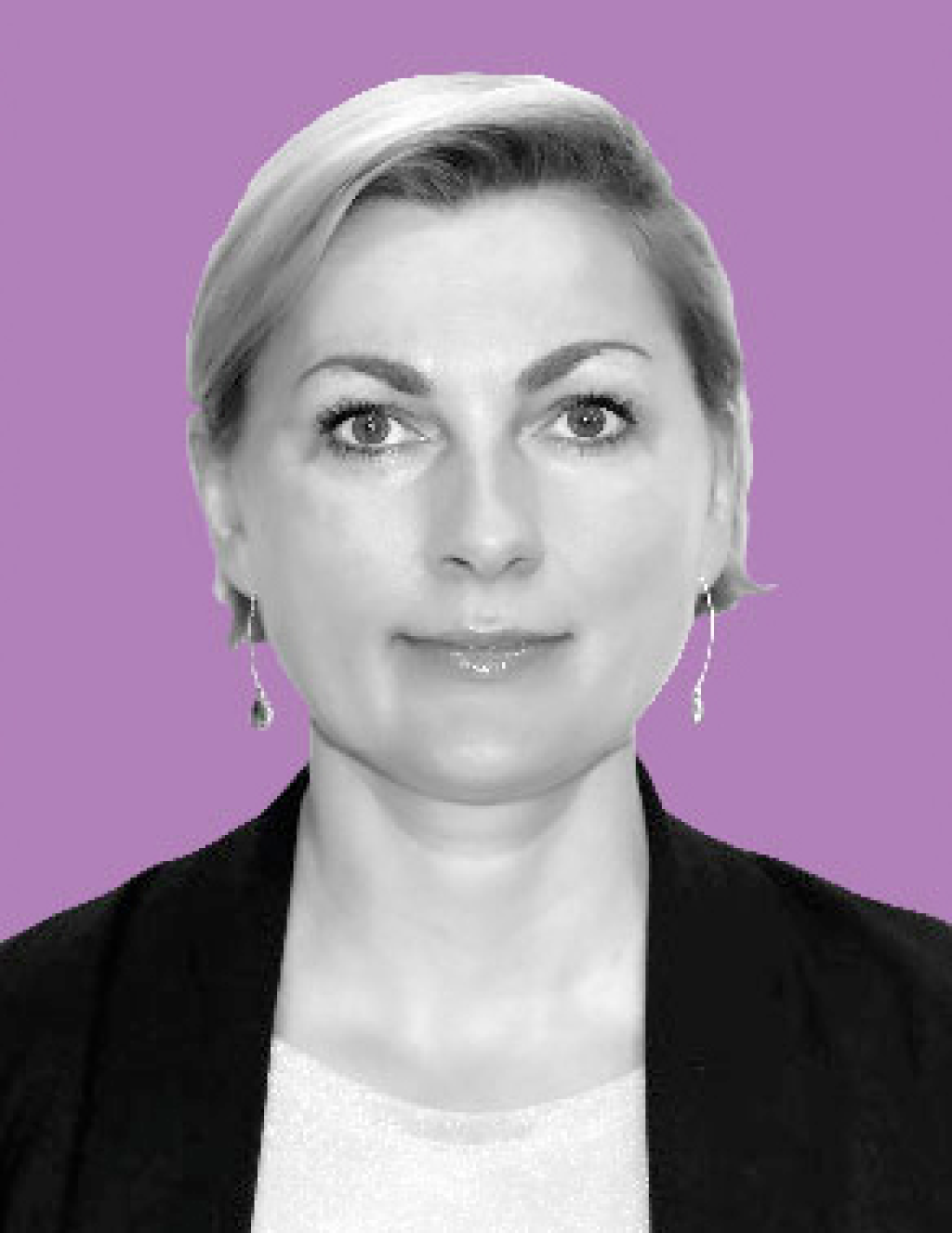‘It is a mindset change that is needed’
The ambitious agenda of the Uzbek Government to transform the nation into an industrialised, upper-middle-income country by 2030 includes a reform of the vocational education and training system. SFUVET contributes with its expertise to this project funded by the Swiss Agency for Development and Cooperation (SDC) in four main areas: governance, quality assurance, teacher training and public-private-partnership. Interview with project manager Gabriela Damian-Timosenco from Helvetas.
Interview: Emanuel Wüthrich
Mrs Damian-Timosenco, in 2021, the Uzbek President issued a decree to develop the VET system according to the dual-track model. Is the concept of dual-track VET already widespread in Uzbekistan?
It is little known outside the education community. Even for those involved in the transition from traditional to dual, it still seems to be a vague concept. Who funds what? How to organise things so that they run well? How to convince young people that this is a path to success? Points like these are often not clear.
Are you on track with the implementation plan?
We are on track and in some ways, we are ahead: In some of the target groups that we work with, we have seen a growing understanding of the importance of quality over quantity as well as a change-driven, growth-oriented mindset and a genuine motivation to become part of a greater and more developed community.
What are the biggest challenges that you are facing?
Stakeholders are not always able to support and contribute to the implementation process due to limited human resources and low absorption capacity.
What is the added value of SFUVET experts in this project?
To share aspects that Switzerland is proud of: quality, dialogue, trust, shared responsibility, a successful model of VET, based on competences and empowered by attitudes. And to inspire Uzbek people to partake of these values.
How could the sustainability of international cooperation in VET be improved?
It is difficult to talk about sustainability in a fast-changing world. All contributions brought in will eventually vanish or transform into something else. Nevertheless, in the early stages, interventions should be structured around relevant values for VET. At the same time, discussions are needed with local stakeholders on how to successfully embed these values in the local context. It is a mindset change that is needed and it’s important to help people to manage change, not only to shower them with imported ideas. People need to experience things in order to be willing to carry on doing them.
What is your motivation for this project?
Seeing things change even in small steps; making a difference counts for me.
- Emanuel Wüthrich, senior advisor and senior lecturer, International Relations, SFUVET

